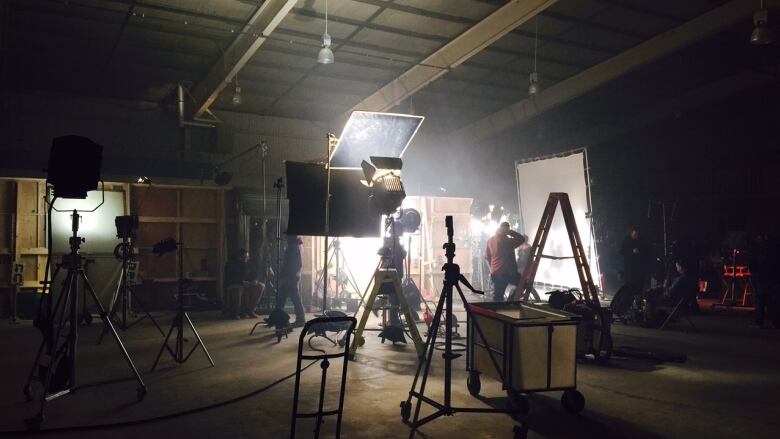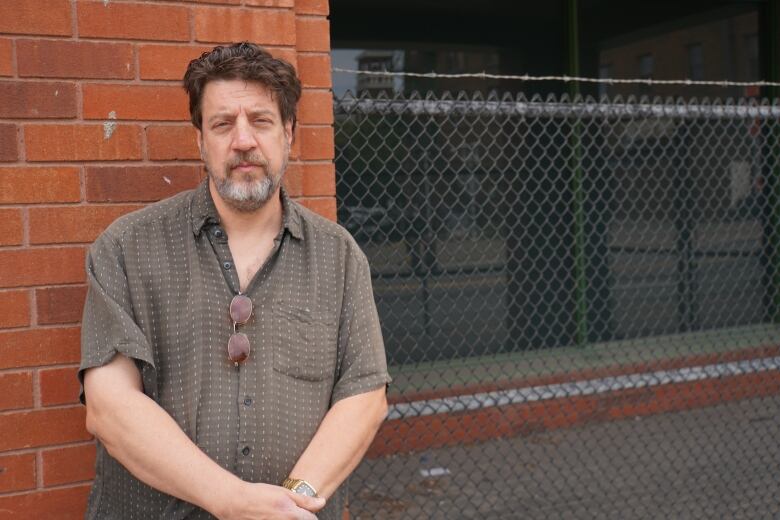Calls to change insurance industry after impact on film productions during pandemic
Movie producers cant get insurance for film projects that will cover COVID-19 issues

A mayor in northern Ontario says changes need to be made to the insurance industry to help get the movie and film industry going again in the province.
Greater Sudbury mayor Brian Bigger says now that the majority of Ontario has moved into Stage 3 of reopening the economy, most businesses are trying to reopen.
According to the provincein 2019, the film and television industry in Ontario saw a total of 343 productions, bringing in a total of $2.16 billion.
Bigger says in his city alone, there are about five production projects waiting to film in the city.
"Those projects represent about $42 million for our economy and about 305 jobs," he said."In addition to those projects, a further 16 productions are in development and they represent a further $78 million and about 875 jobs."
He says the only thing holding them back is being able to access insurance. Bigger says companies are not issuing policies that protect production companies if someone on set gets COVID-19.
"There's some hope for a government backed insurance plan," he said."It also underscores how important it is for myself and others to advocate to the [province] to continue their support of this really important sector."
Rob Riselli, film programs and reporting supervisor with Cultural Industries Ontario North says not being able to access that insurance is risky.
He says those productions getting insurance could be problematic, as he says policies aren't covering a film shutdown due to COVID-19.

"So if someone were to contract COVID-19 and you had to shut down the set, there's not coverage for protection for the set," he said.
"You're talking about a minimum of 14 days of having a set shut down, where does that come out of? Productions are hesitant to go ahead without that insurance."
He says until the issue is sorted, production companies don't want to move ahead.
"They're up against a wall so to speak in the sense that this needs to be rectified," he said.
Filming in a pandemic
As for what the film sector will look like once it's back on set, Riselli says that is still being worked out. He says changes will include the use of PPE, physical distancing and changes to how staff and crew are fed on set.
He adds crews would also be spaced out in shifts to do their work, such as allowing the lighting crew to come in and completely set up and leave, before letting the camera crew start their work.
"You're reducing it to these individual pods of 4, 5 or 6 people so they would not be intermingling with other departments," he said. "Then you would bring in your talent."
With files from Sarah MacMillan












_(720p).jpg)


 OFFICIAL HD MUSIC VIDEO.jpg)
.jpg)



























































































